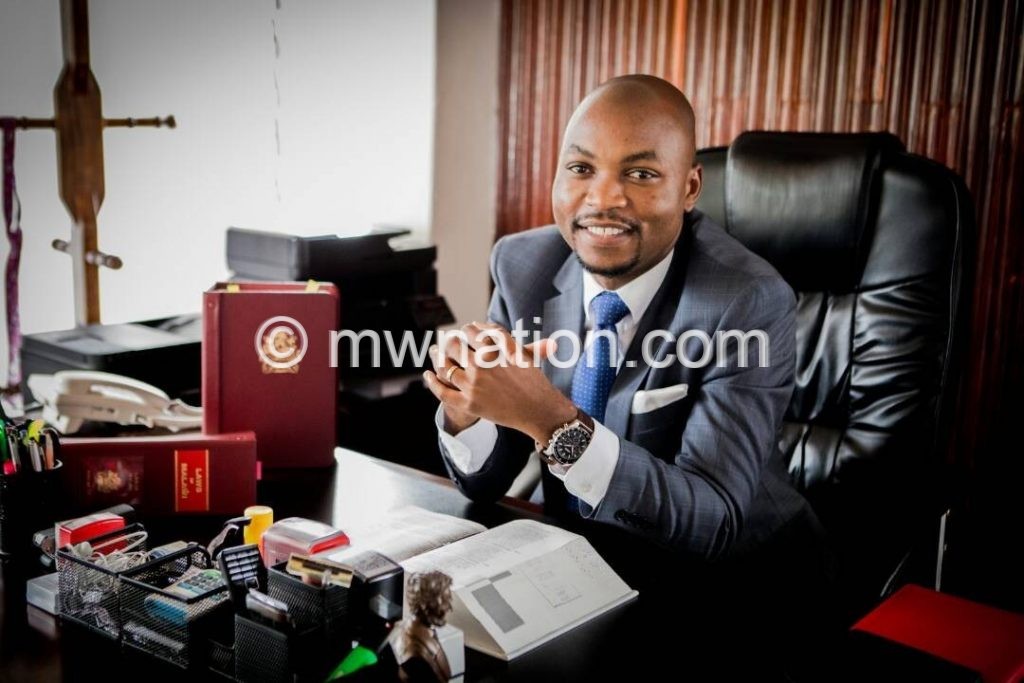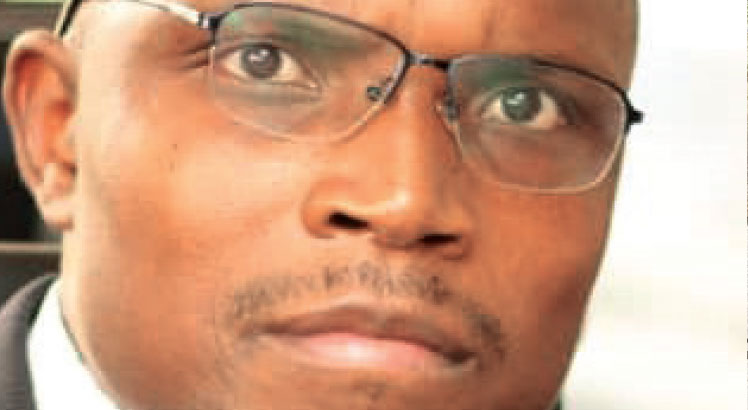ACB wants to be freed
Having persevered political interference and the requirement to seek consent from the Director of Public Prosecutions (DPP) to prosecute cases, the Anti-Corruption Bureau (ACB) finds it enough and wants to be freed.
ACB has since written the Ministry of Justice and Constitutional Affairs to start a process that would see amendment of the Corrupt Practices Act which, among other things, could see the removal of that requirement of seeking consent from the DPP to prosecute cases.

Ministry of Justice and Constitutional Affairs spokesperson Pirirani Masanjala said, in a response to a questionnaire, that it is not their job to push for an amendment, explaining that the ministry only follows what people of Malawi want.
“We can only provide guidance when we receive the instructions. You may wish to know that the ACB has, as of now, sent instructions [to us] to amend the Corrupt Practices Act,” Masanjala said on Friday.
If the ministry succeeds to give guidance, and finally have the Bill tabled in Parliament for amendment of the Corrupt Practices Act, it will be the Bill’s second coming, after it was previously shot down when Democratic Progressive Party (DPP) was in power, using its numerical strength.

Some legal experts believe ACB could meaningfully prosecute cases if the requirement to seek consent from the DPP is removed.
But one professor of law has said the requirement for ACB to seek consent from the DPP is not the reason for the failure to prosecute corruption in Malawi, but political interference.
Private practice lawyer, Khumbo Soko, said the consent requirement should be removed as he finds it unnecessary and resource-wasting.
“The Constitution already gives the DPP powers to take over and discontinue a case that has been instituted by other prosecutors subordinate to him/her. This, in my view, is a sufficient control that the DPP has over prosecutions.
“In the event that the ACB institutes a prosecution that the DPP finds to be inappropriate, he/she can discontinue it. [Former DPP] Mary Kachale did this in the [Ken] Msonda case,” Soko said.
On funding, which is another hindrance to ACB’s operations, Soko said it was ultimately a question of political will “because no law can fix that”.
“Parliament will have to be willing to appropriate enough funding to the ACB and the Treasury must be willing to obey the law and follow through on the appropriation,” he said.
Malawian law professor based at the University of Cape Town in South Africa, Danwood Chirwa, said there are other reasons that make corruption fight in Malawi difficult, or impossible.
Chirwa said the main reasons are political interference in the work of the ACB, incompetence of some directors and personnel within the ACB, government starvation of the ACB of the much-needed resources, and endemic corruption involving politicians.
“The volume of criminality is simply too much. The rule of law depends on most citizens, including especially those in power, obeying the law and only very few disobeying it.
No country, Chirwa said, can effectively combat criminality in such a situation, especially where the political elite are the masterminds of crime as is the case in Malawi.
“And in short, the proposed legislative amendments are something nice to have, not essential. They won’t make a difference,” he warned.
Asked about its view on the matter, Malawi Law Society (MLS) said the Constitution creates the office of the DPP as the ultimate and independent criminal prosecution office accountable to Parliament through the Legal Affairs Committee.
MLS president Patrick Mpaka, in a response to a questionnaire, said the requirement for the DPP consent in Section 42 of the Corrupt Practices Act sits very well with constitutional setting where the DPP is the ultimate authority for criminal prosecution.
“Under that setting, if the DPP withholds consent he or she is duty-bound to give written reasons for such decision. If the DPP does not give reasons within 30 days, ACB is entitled to proceed as if consent has been given,” Mpaka said.
In that framework, he said, if the players are operating according to the constitutional parameters of transparent governance, it cannot be said that the question of the DPP consent could stand in the way of criminal prosecution if the nation is determined to fight corruption according to law.
“Let us not waste time finding excuses. We can easily fight corruption even under the current legal framework if as a people we have the right attitude and if we have the political will to,” he said.
As it was previously arranged, the Bill sought to amend the Corrupt Practices Act, Cap. 7:04 of laws of Malawi (the “Act”) in order to enhance the independence of the operations of the ACB.
As Clerk of Parliament Fiona Kalemba had put it in the notice, the enhancement of the independence was to be achieved through amending Sections 5 and 7 of the Act by replacing the President with the Public Appointments Committee as appointing authority of the Director and Deputy Director of the ACB, respectively.





